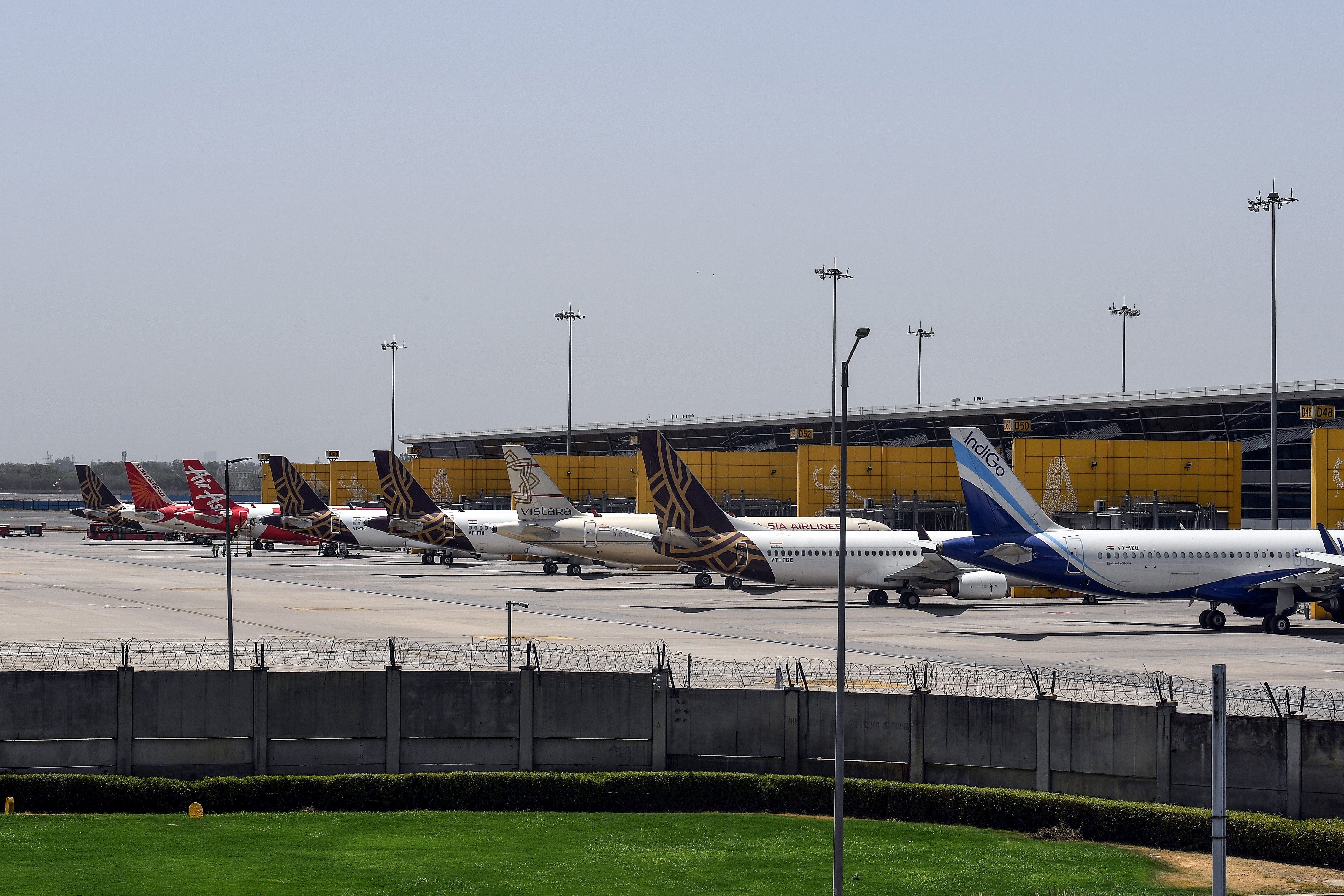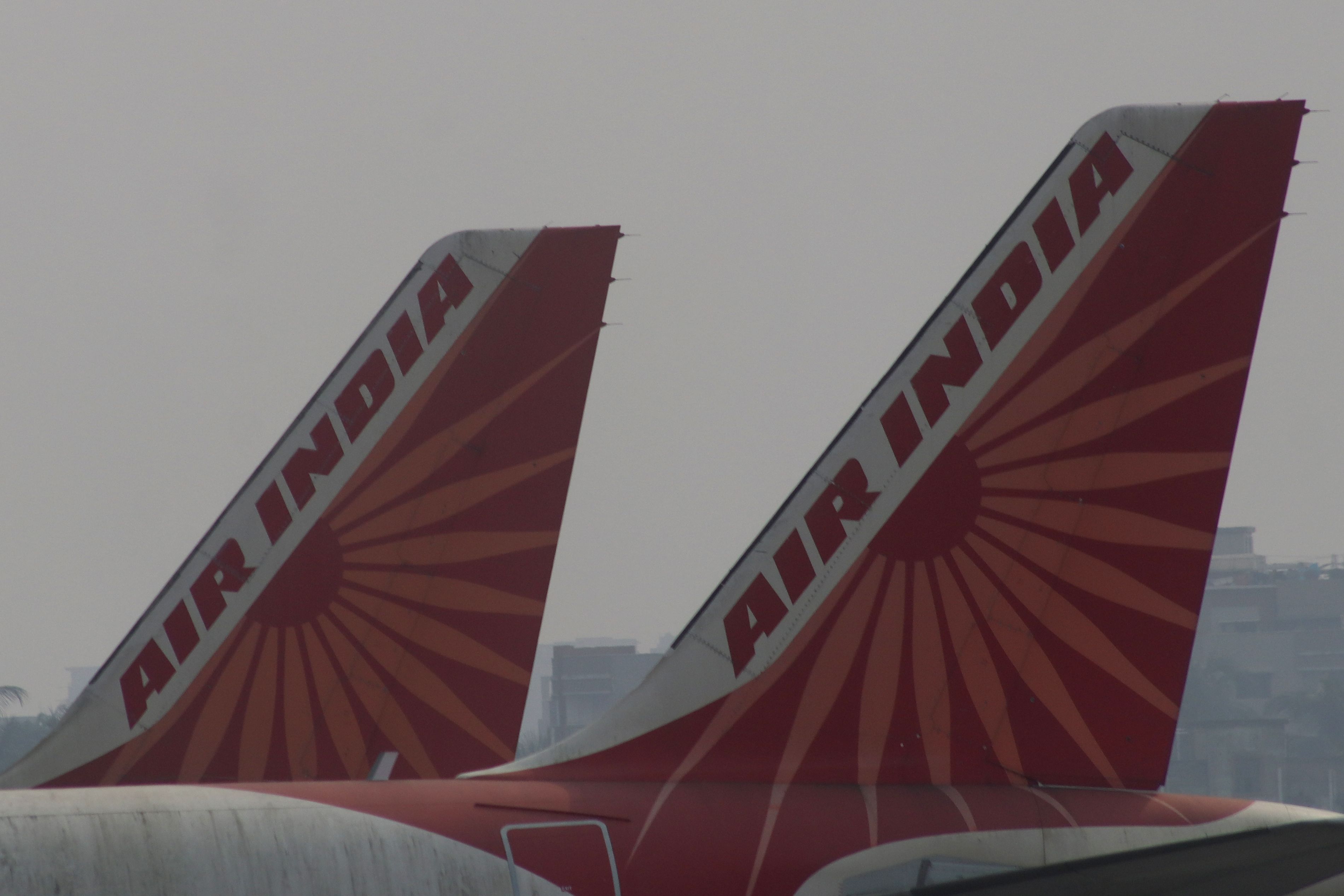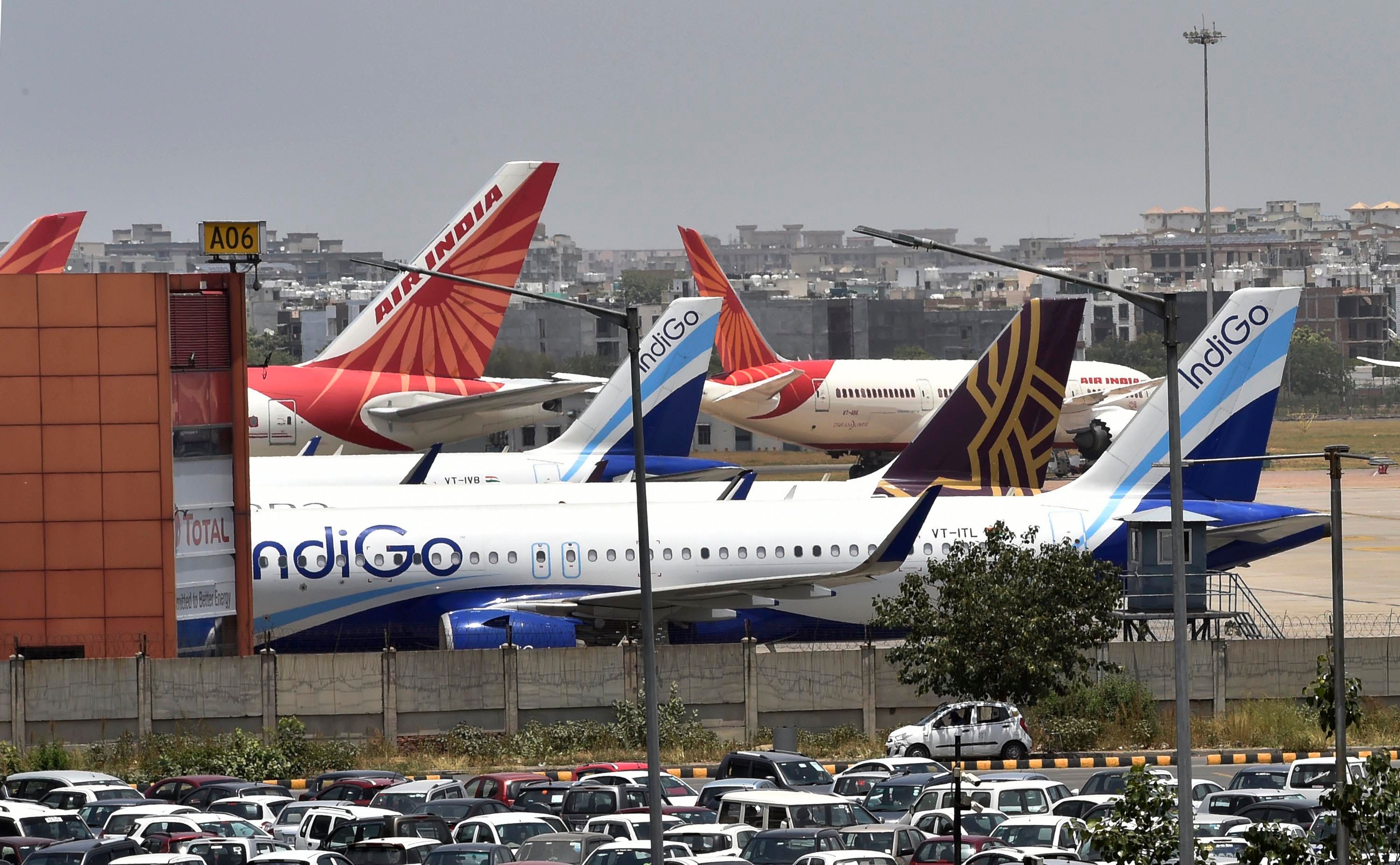India’s civil aviation watchdog has warned Indian airlines against denying boarding to passengers with confirmed tickets. The warning comes as Indian aviation seems to be on the horizon of a record-breaking summer travel season, now that the pandemic and all its related restrictions have been lifted.
Observing that it is common practice among airlines to overbook flights on busy routes, the DGCA has termed this “unfair practice” and warned of “strict action” that includes, but is not limited to, imposing financial penalties. This was communicated to all concerned stakeholders via email by the aviation regulator earlier this week.
On-time passengers cannot be denied boarding
In essence, the Directorate General of Civil Aviation is looking after the interests of Indian passengers by ensuring that all regulations are followed by operators. The regulator has asked operators to strictly adhere to Civil Aviation Requirements (CAR) regulations while dealing with such matters. More specifically, the Part IV in Series M lays out specific guidelines for all operators to follow in case of denied boarding, cancelled flights, or delayed flights.
The rules state that if the airline denies boarding on the booked flights but arranges an alternate flight scheduled to depart within 24 hours of the initial scheduled departure, the airline is liable to provide all affected passengers with 200% of one-way basic fare plus airline fuel charge. The maximum compensation provided can be INR 10,000 ($130). If the alternate flight provided is scheduled to leave more than 24 hours from the initial scheduled departure, airlines owe passengers 400% of one-way basic fare and fuel charge. The maximum amount in this case will be INR 20,000 ($260).
Discover more aviation news here.
Alternatively, the passenger can also opt against flying at all. This scenario entitles the traveler with a full refund of the flight ticket in addition to the 200% of one-way basic fare and fuel charge. The airline doesn’t need to provide any form of compensation if an alternate flight is arranged within one hour of the original schedule departure time.
To be eligible to receive compensation wherever applicable, all passengers have to do is show up to the airport on time with a confirmed flight ticket. If the airline refuses to follow established guidelines, the DGCA has warned of imposing financial penalties. Affected passengers can report grievances on the Air Sewa online portal.
Proactive approach
It is heartening to see governmental organizations make an attempt to protect the interests of passengers. In particular, India’s DGCA has been quite active over the past few weeks. The regulator recently announced its intentions of checking old and vulnerable aircraft during overnight stops to look for any structural deficiencies. In late April, the DGCA grounded a SpiceJet 737 after a passenger posted a tweet highlighting poor conditions in the cabin. The carrier was asked to repair the plane before flying it again.
The active role played by the DGCA will boost confidence of passengers in India and will result in the development of a strong yet accountable aviation industry in the country. This comes at a time when India’s aviation sector is forecasted to grow fastest globally for the next two decades.



